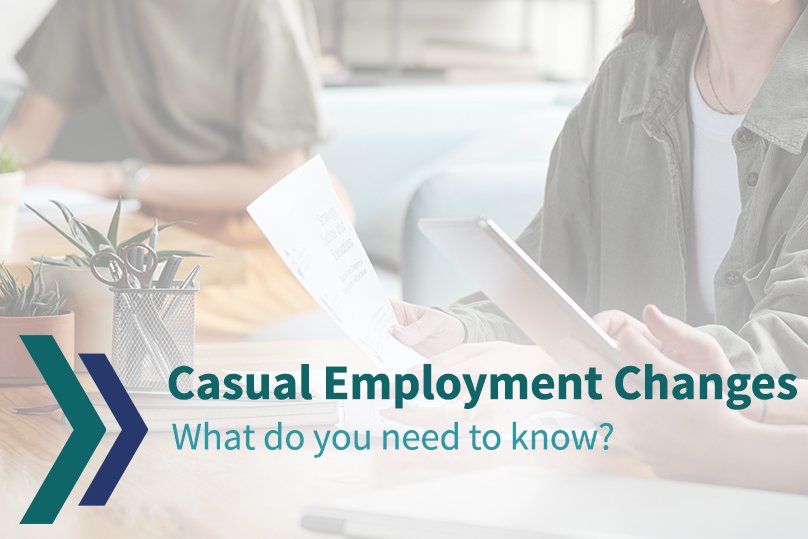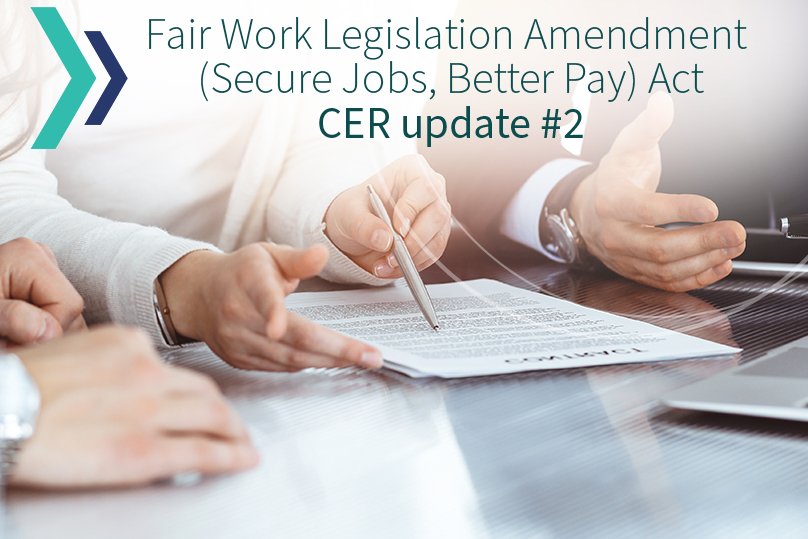Understanding a stand down

A stand down takes place when an employer stops an employee from working without pay, for a reason that is outside of the employer’s control, and they cannot usefully be employed during that stand down period.
Some modern awards and enterprise agreements may include stand down provisions that also need to be considered.
The stand down criteria must be met to be able to stand an employee down without pay. If the stand down provisions don’t apply, then an employee is entitled to be paid wages, even if the employee is not working.
When is it outside of the employers control?
The Fair Work Act 2009 (Cth), states that the following are considered to be outside of the employer’s control:
(a) Industrial action (other than industrial action organised or engaged in by the employer);
(b) A breakdown of machinery or equipment, if the employer cannot reasonably be held responsible for the breakdown;
(c) A stoppage of work for any cause for which the employer cannot reasonably be held responsible.
One recent example of a stoppage of work occurred with the forced closure of certain businesses during COVID-19 related restrictions.
Payments during a stand down
If employees are stood down, the employer is not required to pay their wages during that stand down period, unless the employees are covered by either an award, enterprise agreement or contract of employment that states otherwise.
If I can’t stand them down, what other options do I have?
There may be some situations where a stand down is not an appropriate option for your organisation. The following options may be considered instead:
a) offering employees the option of taking paid leave.
b) sharing hours of work with other staff.
c) reducing their daily working hours.
d) flexible working arrangements such as working from home.
e) redundancy.
It can be difficult for employers to determine what are appropriate circumstances for standing down employees, and understanding the complex provisions of awards and enterprise agreements can be challenging. If you need help understanding your rights, employees’ entitlements and your obligations, please get in touch today.































